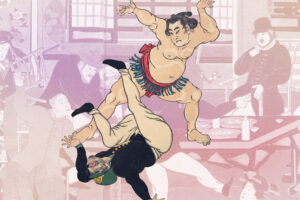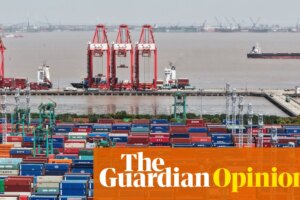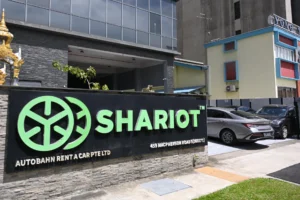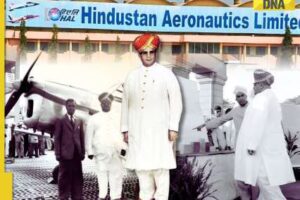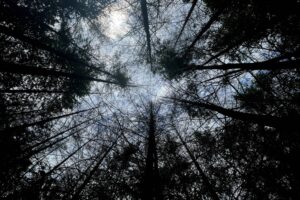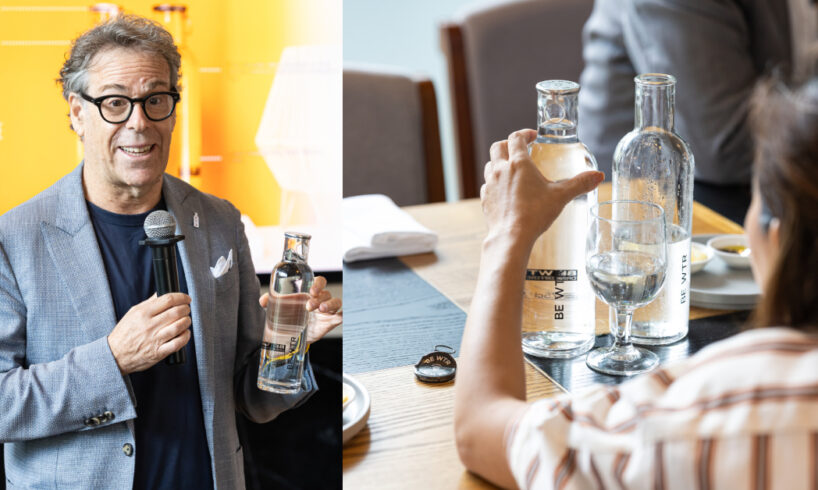
BE WTR sources local water in each market to rethink the world’s drinking habits
When I first met Mike Hecker at a cafe this Sep, he carried a massive black backpack and wore a bright orange and yellow Hawaiian shirt and cream-coloured Bermuda shorts. Based on first impressions alone, I would never have imagined that he was one of the founding members of the famous coffee brand Nespresso.
In fact, he was employee number six. He told me that one of his first tasks was to look at a blank piece of paper and come up with a marketing strategy.
Mike played a pivotal role in developing the brand’s business model and marketing strategy since its inception in 1988, which has since enabled the business to grow into one of the world’s leading players in the coffee industry today.
After a decade in the coffee industry, he opted to leave Nespresso to start his own business. However, familiarity reared its head, and Mike ventured into another beverage: water, co-founding water delivery company Eden Springs Europe in 1998.
According to him, the company became one of the largest players in Europe’s drinking water industry, with over 3,000 employees and water sources in every 300km from Poland to Portugal. But something about the business model did not sit well with Mike—transporting drinks over long distances generated significant greenhouse gas emissions and contributed to climate change.
“I was in what I call today a polluter,” he said. “Being a mountaineer who loves the mountains of Switzerland, I saw the snow and climate change eroding the glaciers.” This led him to work on a more sustainable solution and wonder if he could replicate Nespresso’s growth in the coffee industry for water.
And so, he founded BE WTR in 2012 to fulfill his vision.
Manufacturing, bottling & selling water on home soil
BE WTR’s bottling facility in Singapore./ Image Credit: BE WTR
Instead of relying on a single source and transporting water internationally, BE WTR establishes its own filtration and bottling facility in each country, sourcing local water to distribute. The company has also chosen to follow a B2B model, collaborating with hotels and other players in the F&B industry.
In Singapore, BE WTR has formed partnerships with established hotels, including Raffles Hotel and Shangri-La Singapore, as well as known restaurants.
Mike explained that the hotel and F&B industries have an obvious need for water, where the quality of the brand is emphasised in terms of room and dining services, allowing them to have a clear advantage for hotels looking to improve their guest experiences.
He also pointed out that their B2B model, which involves manufacturing, bottling, and distributing their water in glass bottles, requires them to have their own circuit of back-and-forth collection. Avoiding B2C is on purpose, as doing so requires a more complex process, and there are logistical limitations due to the bottles’ fragility.
Image Credit: BE WTR
Most bottled water brands often rely on plastic or single-use glass packaging, but Mike wanted BE WTR’s products to be built to last for extended periods. As such, the glass the company uses is the most expensive, as it must have a shelf life of a year and withstand more than 300 cleaning cycles.
Although he acknowledges that their products are more expensive compared to plastic water bottles, he believes they are a more environmentally friendly and economical solution to imported water.
“What we are here to do is convince Singaporeans that the best water they should drink is water from Singapore. And if we achieve this, it’s great for the consumer, it’s great for the F&B, because they can be proud of what they serve. And it’s great for the environment.”
Adapting their solution to Singapore
Mike Hecker (second from the right) at the launch of the bottling plant in Singapore./ Image Credit: BE WTR
When it was time for the Swiss company to establish itself in Southeast Asia, it chose Singapore as its first market and officially launched its automated bottling plant in 2024. Mike shared that the city-state is one of BE WTR’s key markets, as only one facility is required to serve the whole country.
He also added that establishing themselves in Singapore allows them to understand how Asians consume water differently from their home base in Switzerland. For example, hot water and beverage options are preferred in Asia over sparkling water. “How do we adapt, or how do we educate the market, is key,” said Mike.
But, here’s the catch: As a Singaporean, I’m aware of the sustainable options available and that I should opt for them; yet, sometimes we reach for less environmentally friendly options as they’re cheaper and more convenient.
This habit remains an enigma for Mike, who explained that while there is a consensus on what sustainable options are available, it’s not translated into dine-in services.
“I find it odd that it’s okay to have a ‘green’ bottle from Italy served as the reference of sparkling water, because it doesn’t make sense to bring that bottle 6,000 kilometers away in glass one way, and then throw the glass away.”
According to Mike, more energy is required to produce glass bottles compared to plastic. While microplastics are harmful to the environment when mismanaged, glass is expensive and heavy to transport, resulting in the release of more greenhouse gases.
Therefore, by using glass bottles that can last for a decade, rather than single-use glass bottles, it not only lowers the carbon footprint but also provides a more economical solution, which some eco-friendly companies have been advocating for.
Making their mark on more international markets
Since establishing its home base in Switzerland, BE WTR has been doubling its production volume every six months and has expanded internationally to multiple markets, including the UAE, France, and Canada.
With Singapore as its first stop in Asia, the company has also set up two bottling plants in China, with plans to launch its third facility in Shanghai by the end of 2025.
“We’ll open in the UK, London, and Morocco for year-end, and then next year we’ll see many more markets,” added Mike.
Aside from establishing itself in cities, Mike also expressed his ambitions for the brand to set up in islands, such as the Caribbean. He explained that the severity of sustainability and waste management issues these territories experience is 10 times worse, and the company is adopting a more cautious approach to its entry.
“An Island has 10 times more of a problem of sustainability, because whatever you import, what do you do with it? You don’t export back your waste. So you need to really be careful, otherwise you strangle the island in terms of waste.”
Learn more about BE WTR here.
Read more stories we’ve written on Singaporean businesses here.
Featured Image Credit: BE WTR

